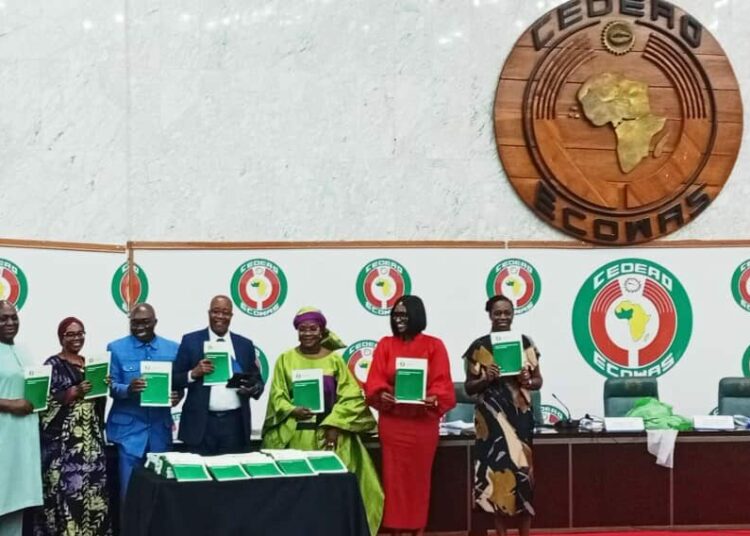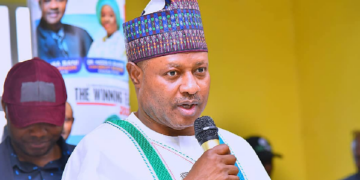The federal government on Thursday revealed that more than 5.5 million Nigerian households were currently benefiting from its Conditional Cash Transfer (CCT) scheme.
Minister of State for Humanitarian Affairs and Poverty Reduction, Dr Yusuf Tanko Sununu said plans were ongoing to expand the programme to an additional 600,000 households before the end of 2025.
Sununu disclosed this during the launch of the Economic Community of West African States (ECOWAS) Social Protection Framework and Operational Plan in Abuja.
He said the initiative was in line with the Renewed Hope Agenda of President Bola Tinubu, and formed part of Nigeria’s efforts to strengthen social protection systems.
Represented by, Director of Social Development in the ministry, Valentine Ezulu, the minister noted that the National Social Investment Programme Agency (NSIPA) has been central to this work, with other flagship programmes such as the Government Enterprise and Empowerment Programme (GEEP), N-Power, the National Homegrown School Feeding Programme, and the Social Safety Net Coordinating Office.
According to him, digitisation of the National Social Register, which now holds data on more than 19.7 million households has improved transparency and efficiency in targeting vulnerable groups.
He added that government was also supporting micro and small enterprises, resettling internally displaced persons, and rolling out new training initiatives to equip young people with market-ready skills.
“More than 5.5 million households are currently benefiting with plans to reach an additional 600,000 households nationwide before the end of the year, these systems will ensure that no Nigerian is left behind even in the most difficult times,” he disclosed.
On the regional front, the ECOWAS Commissioner for Human Development and Social Affairs, Professor Fatou Sow Sarr as well as international partners welcomed the launch of the framework, describing it as a turning point for inclusive growth in West Africa.
Delivering a goodwill message, Director of the International Labour Organisation (ILO) Office for Nigeria, Ghana, Liberia, Sierra Leone, and Liaison Office for ECOWAS, Dr Vanessa Phala stressed that social protection was not only a human right but also an economic necessity.
She observed that while global coverage stands at 52 percent, sub-Saharan Africa lags with only 15.4 percent of the population accessing at least one form of benefit.
She urged governments in the region to scale up investment in social protection floors, ensure portability of entitlements for migrant workers, and engage more effectively with social partners to deliver change.





